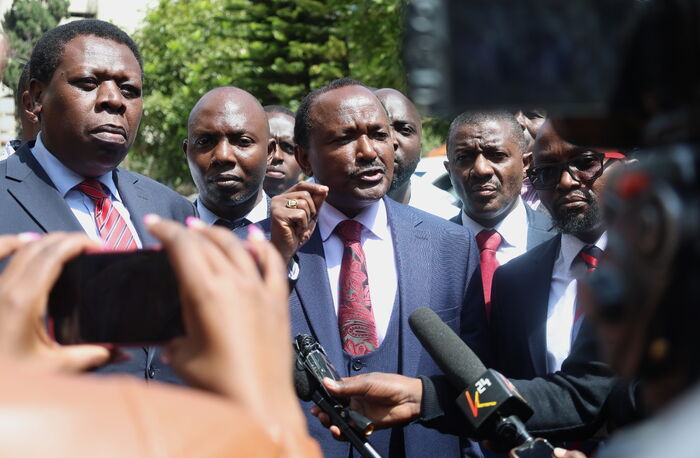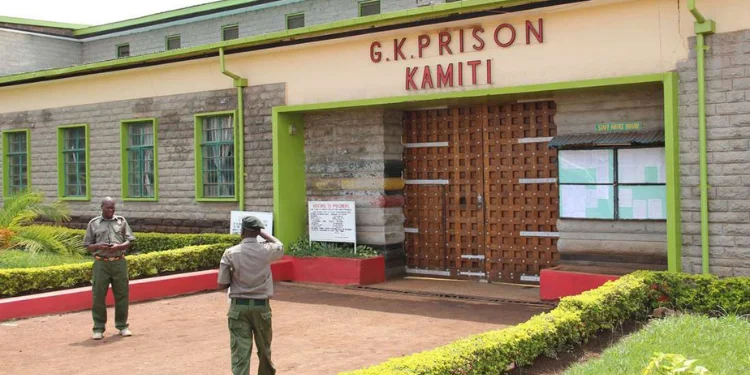Kenya’s political landscape is staring at a major shake-up as new rules place most political parties at risk of being locked out of future elections. This development could drastically reduce the number of parties competing for power, leaving the field open only to those capable of meeting tough compliance standards.
Rising Threat of Deregistration
Dozens of parties are struggling to meet the required threshold of national presence and structured governance. Many have failed to establish branches across the minimum number of counties, while others have not adhered to internal management requirements. Without compliance, these parties may soon face deregistration.
Impact on Democracy
The move is expected to consolidate political power into a few dominant parties. For voters, this could mean reduced choice at the ballot, as smaller parties that once offered alternative voices risk being edged out. Analysts warn that this trend could weaken inclusivity and undermine democratic competition.
Calls for Reforms
Several smaller political outfits have already raised concerns, urging authorities to reconsider the strict requirements. They argue that financial challenges and limited resources make it difficult to meet nationwide thresholds. However, enforcement bodies remain firm, insisting that discipline and accountability are necessary for a credible political system.
What Lies Ahead
If the current regulations are fully enforced, Kenya could be heading toward a system dominated by only a handful of major parties. The ripple effect would likely influence alliances, coalitions, and the overall dynamics of the country’s elections.
The clock is ticking for many political outfits, and without urgent reforms, the majority could find themselves shut out of Kenya’s future political contests.














Leave a Reply